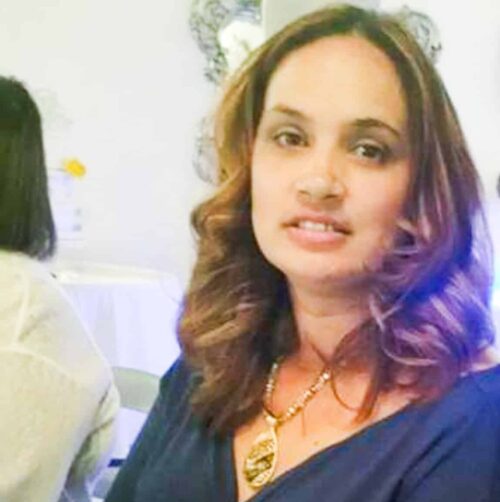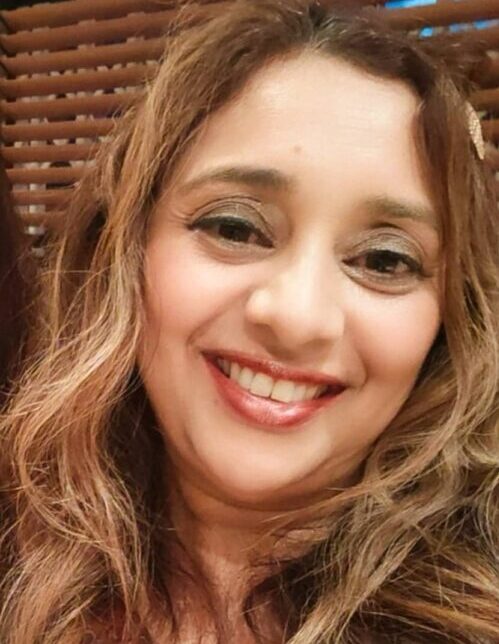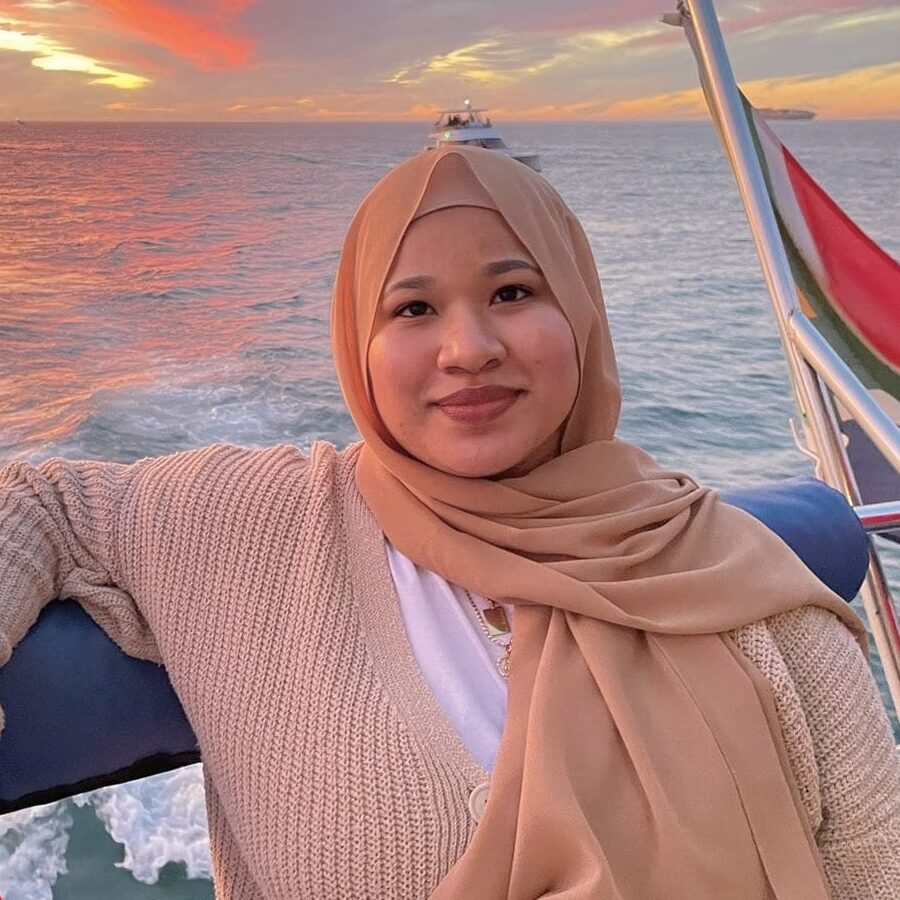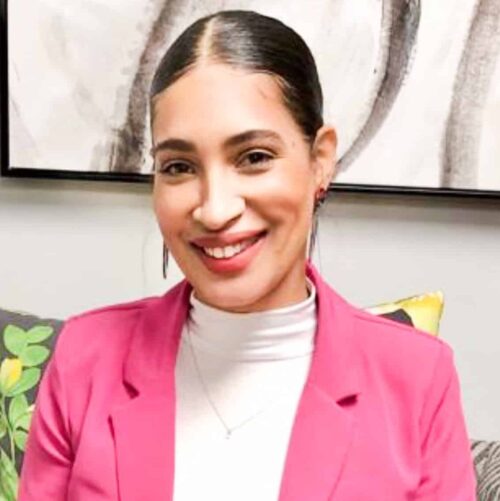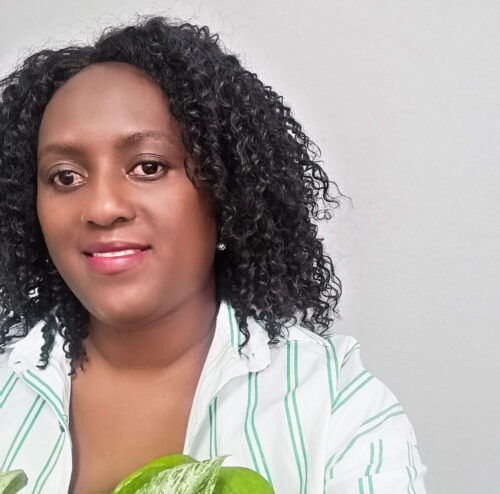Integrating Gestalt Therapy When Working with Children
R450.00
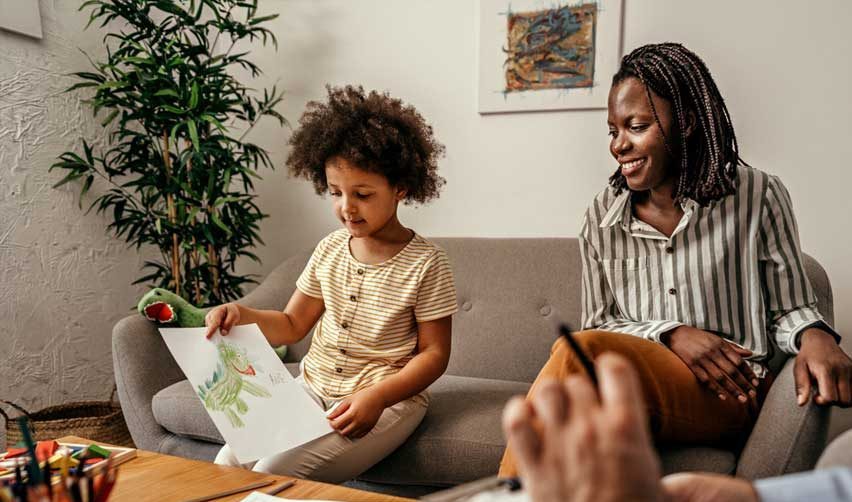
Workshop Overview
Gestalt Theory emphasises that the whole of anything is greater than the sum of its parts. The word Gestalt means “whole, pattern or form” and it views a person as a totality of mind, body, emotions and spirit.
The Integrating Gestalt Therapy When Working with Children workshop explores the approach of being present and self-aware and how that can be used to support the emotional well-being of children and adolescents in a way that encourages emotional resilience and healthy expression.
The workshop introduces key Gestalt Therapy concepts such as awareness, relationships, play-based interventions, and boundary setting, providing practical techniques that can be applied in everyday interactions with children.
Whether you are a parent, teacher, caregiver, mental health professional, or simply someone interested in understanding children’s emotional development, this workshop offers valuable insights and tools for building stronger connections and supporting children effectively.
This workshop simplifies the complex concepts behind Gestalt Therapy and will help you build practical tools to provide emotional support to children and adolescents.
What are the entry requirements?
Anyone 18 years of age or older can sign up for this online workshop. There are no academic entry requirements or conditions.
Who is this workshop for?
This workshop is for anyone interested in child psychology, emotional well-being and effective communication with children.
What is the time commitment?
A total of 3 hours is required to complete the workshop.
What do you need to do the workshop?
- Access to Microsoft Word
- Google Chrome (recommended)
- Stable internet connection
Is the workshop assessed?
Learners are required to complete an assessment comprising of reading a journal article and answering a 15-question multiple choice questionnaire.
Is the workshop accredited?
The online workshop is accredited by the Health Professions Council of South Africa (HPCSA).
What is gestalt therapy?
What can you do after completing this workshop?
HPCSA registered professionals will receive 3 CPD points [3 CEU Continuing Education Units points] upon successful completion of the workshop.
Course highlights

-
Understand complex concepts behind Gestalt Therapy.
-
Build practical tools to provide emotional support to children and adolescents.
-
Gain insight into relationship ideologies and play interventions.
Dates and Registration
Class of 2025: 1 January – 31 December
Participants can register at any time and move through the workshop content. Watch the live workshop recording and complete the online journal articles and multiple-choice questionnaire.
NOTE: HPCSA registered professionals who want to claim 3 CPD points [3 CEU Continuing Education Units points] need to complete the online assessment within 5 days after registering.
Learner Experience
Certification
This CPD workshop has been designed for psychologists and registered counsellors. It also has value for educators, social workers and other mental health practitioners working with children. Once you have completed the course, you will receive a digital certificate of completion.
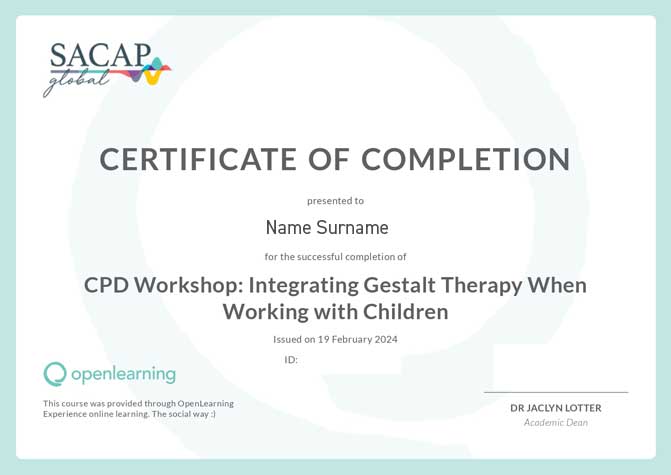
The certificate serves as evidence of your new skills and knowledge and can be used to demonstrate your commitment to professional development.
Attend a live online session, or watch the recording, and complete an online reading and assessment.
HPCSA registered professionals will receive 3 CPD points [3 CEU Continuing Education Units points] upon successful completion of the workshop.
Workshop Overview
Introduction and definition of Gestalt Theory
Underpinnings from Gestalt Theory
- Holism
- Awareness
- Here and Now
- Dialogue and Relationship
- Phenomenological Field
- Experimentation
- Contact Cycle of Experience and Boundary Disturbances
Tools and interventions
- Relationship ideologies: How to build relationships with children from Gestalt perspectives.
- Play interventions: Why we play, how play responds to gestalt, how play assists us in understanding contact boundary disturbances, how play assists in understanding their field, types of play, and sand tray.
Learning Outcomes
By the end of the workshop participants will:
- Understand basic concepts from Gestalt that can be used in counselling adolescents and children.
- Gain practical tools which can be included in work with the emotional support of children and adolescents.
- Be able to use Gestalt theory to view a child and adolescent as a whole person within the dynamic systems in which they are growing up.
Workshop Presenter

Dr Serahni Symington is a registered counsellor with HPCSA under the Psychology Board. She enjoys working from a Gestalt Perspective, but more so works holistically with people from all walks of life.
Serahni lectures part-time and facilitates modules in Family Counselling, Crisis and Trauma Counselling, and Research Supervision as well as supervises counsellors in training for HPSCA.
The Team
The SACAP Global team brings a wealth of knowledge and practical experience across various disciplines. Our expert short course developers and dedicated support team are passionate about sharing their insights to help you get the most out of your online learning journey.


